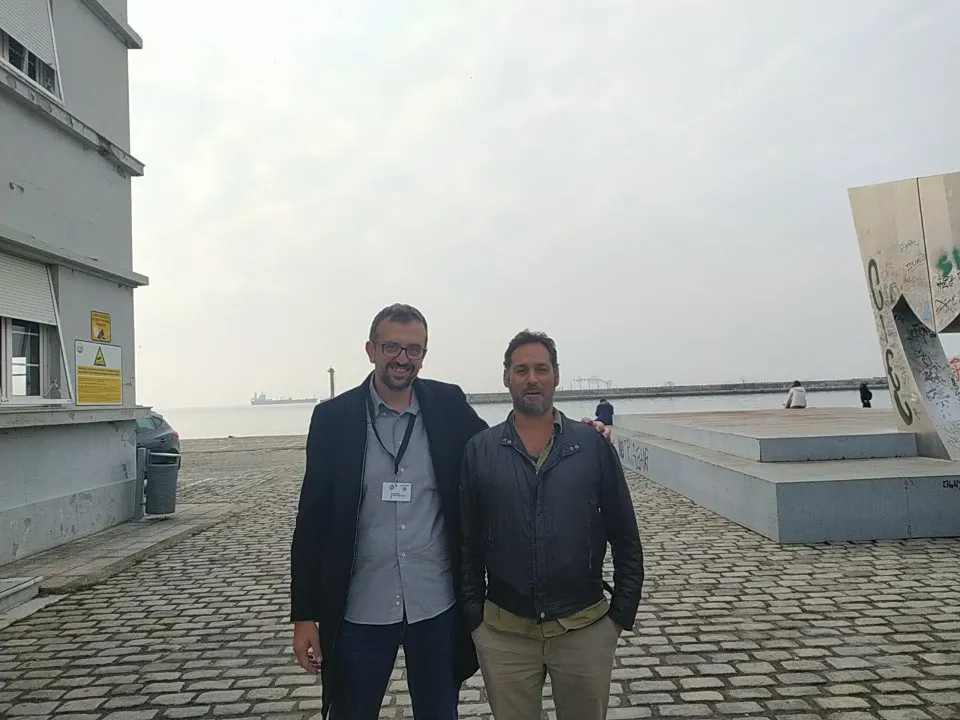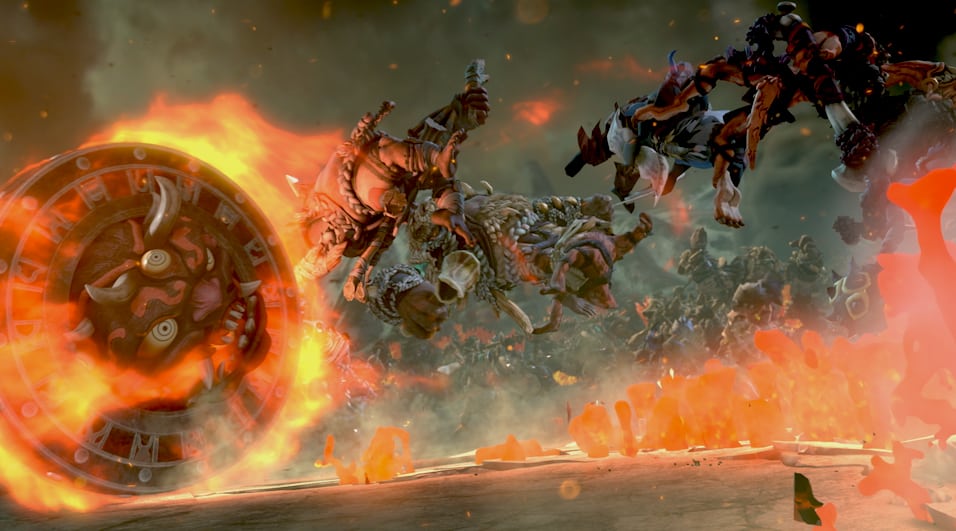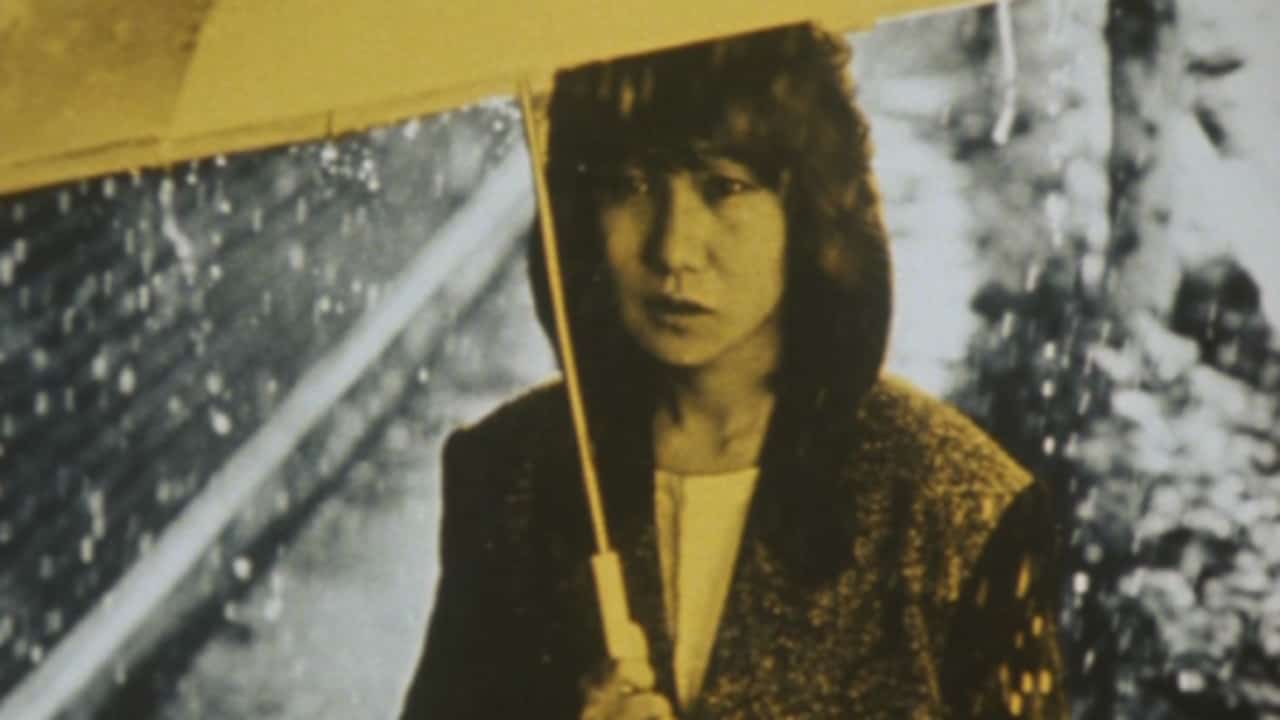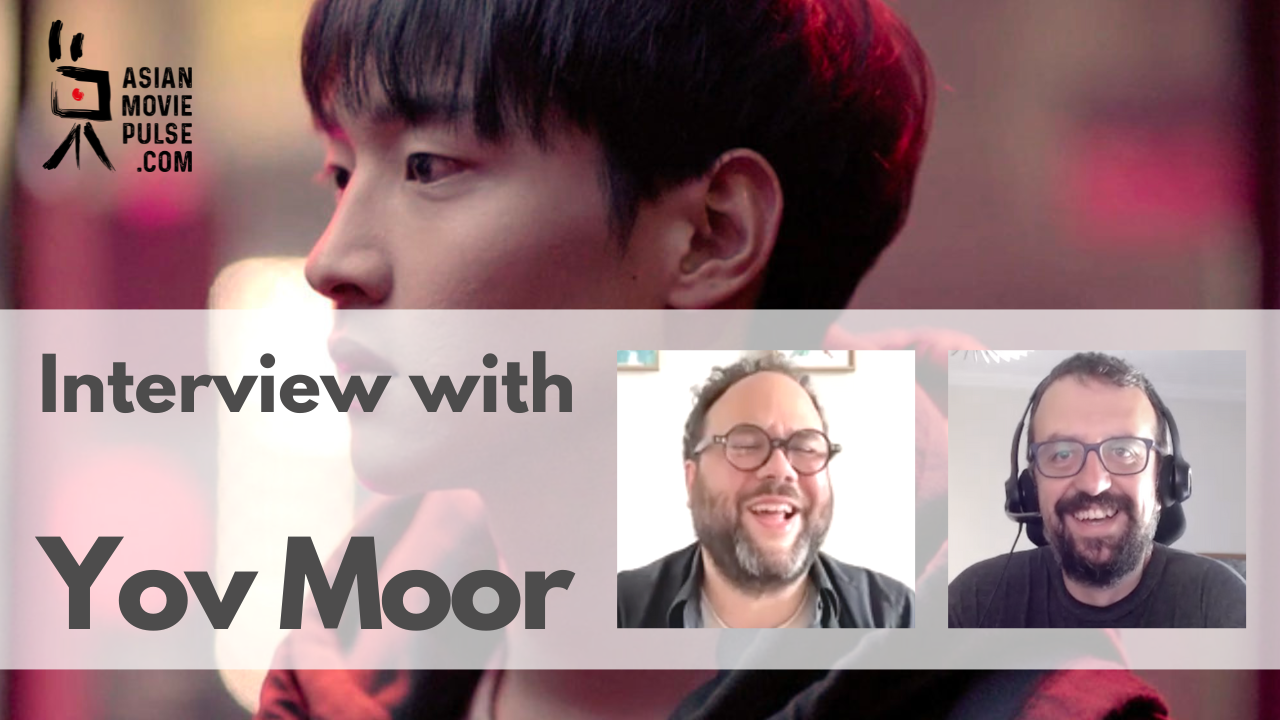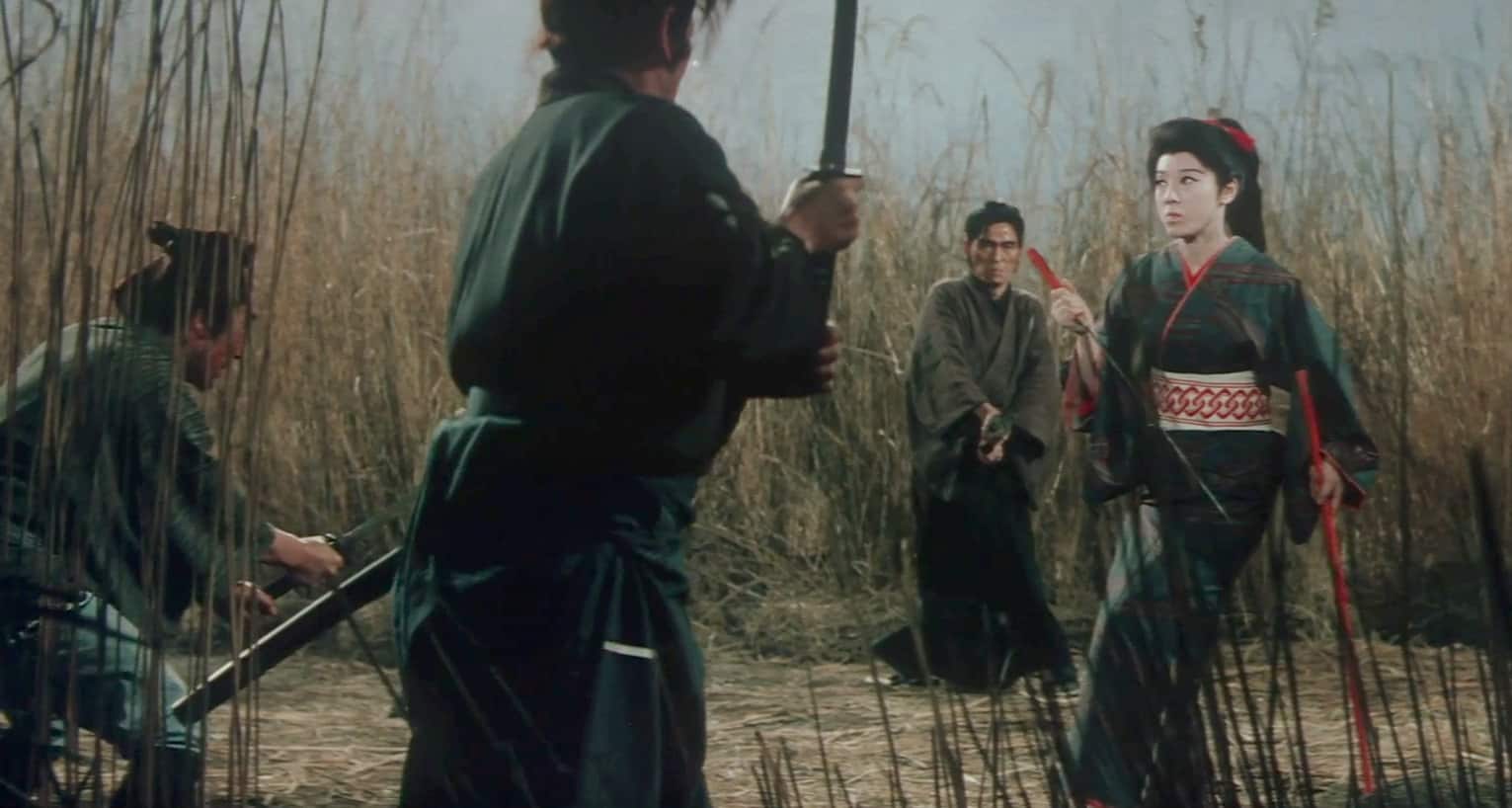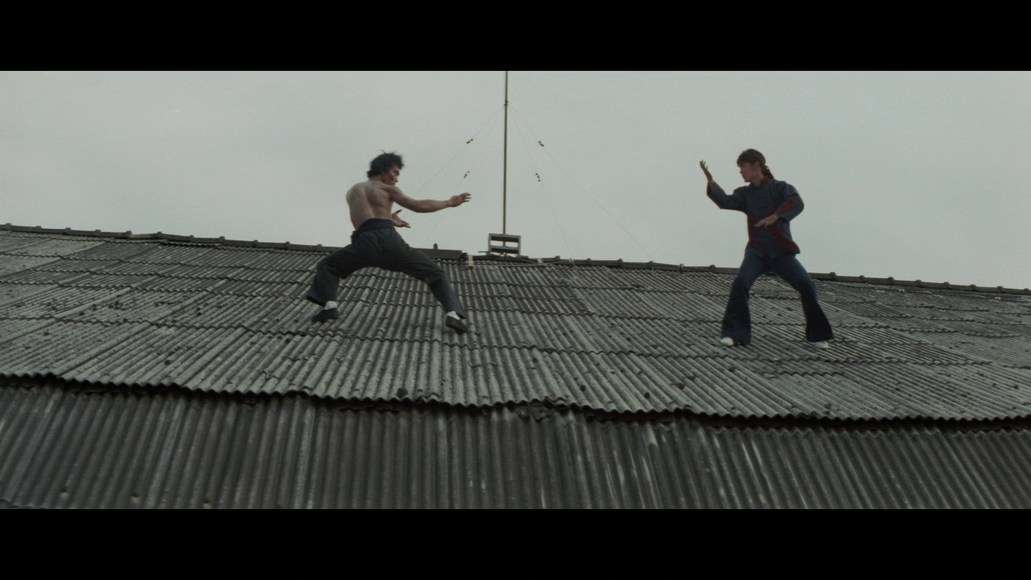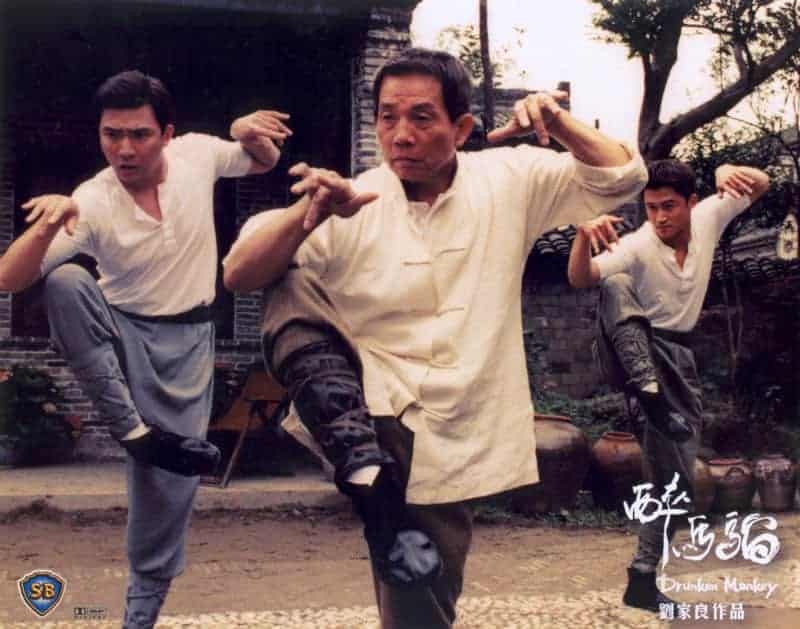Born in 1973, Wissam Charaf is a Lebanese-French director, cameraman. and editor. In 1998, he began to work with the French-German network ARTE, as a news cameraman, editor and journalist. He has since covered major conflict areas ranging from Lebanon and the Near East to Darfour, Afghanistan, Haiti or North Korea, and worked with programs such as ARTE Info, ARTE Reportages, Tracks, Metropolis. He directed six shorts, as well as the documentary It's All in Lebanon. His first feature film, Heaven Sent, premiered at the ACID section of the 2016 Cannes Film Festival.
On the occasion of Dirty Difficult Dangerous screening at Thessaloniki International Film Festival, we speak with him about his unusual approach towards the dramatic story of the film, refugees and maids in Lebanon, the country's state in the past and now, and many other topics.
“Dirty Difficult Dangerous“ is screening at Thessaloniki International Film Festival
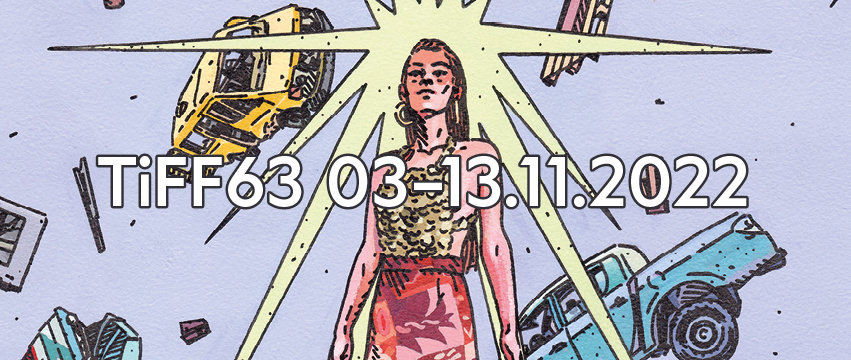
Although it is a very dramatic film, you chose to present a lot of what is happening through humor. Why?
In all my previous movies, my natural way of speaking about things was always on a dramatic basis, if you have lived in Lebanon, it is always a bit dramatic (laughs). It was an organic thing, but my overall approach is to have an approach that is not monotone. I always try to achieve a thin line between something that is humorous and something completely humorless, and from nostalgia to complete despair. The Syrian issue is very dramatic, thousands of people have died and so is the issue with the refugees. In this film, I was addressing two dramatic things, not only one. If I addressed them only in dramatic terms, essentially telling the spectator to cry for an hour and a half, it would not be interesting for me, it might be interesting to people who make popular films and a lot of money. But for me, it is cinema 101, I am a bit more ambitious than that. Trying to speak on a comedy level is also an effort to humanize people, it is not always black or white and those two characters who are dehumanized by the situation, the documentary aspect, these people are carrying machines, he is carrying metal and she flesh, her boss. The goal of the film was to humanize, to individualize them, it is not A refugee and A maid, it is Ahmed and Mehdea, and these are their characteristics. Half-demon, half-angel, human beings, like you and me. And the same thing applies to the tone of the film, it is not monotone, it is particular. So there are dramatic and comedic elements, because life is not only about laughing or only about crying, it is a mix.
Did you ever think that you may be misunderstood through this approach?
No, I made a decision. This is my tone, some people are going to like it, some will not, I will not go against my nature, many people hate many films, nobody died from someone not liking their film (laughter) I'd rather be honest with myself and also, I do not think there is anything scandalous. Even the “vampire” is a very intriguing person, we are not making fun of people, it is more cynical and cruel. We don't go towards the farce. It is a saddening, cruel cynicism that I show. And if someone does not like it, it is ok, they can fry an egg instead (laughs)
So, you don't think about the audience when you are shooting a movie?
No! Because if you think of the audience you make shit movies. Because audiences are being pushed towards a specific direction, down, by platforms, by directors, by the whole industry. Even in workshops, it is all about formatting. I don't want to make money out of cinema, it is a hobby for me, like golf. You lose money when you play golf, it is an expensive thing, it is the same with filmmaking, you become poorer.
You are a cynic, aren't' you?
Very much! (laughter)
And why did you choose the particular subjects?
Because it happened just underneath my house. I live in Achrafieh, which is a bourgeois area in Beirut, and everybody there has maids. And you hear stories, about a Syrian concierge, a prostitute etc. Me and my wife are friends with them, we talk to them, it is not like we just give them orders. You hear their stories and then you see them on the streets during the promenade of their employers, they are usually elderly people so they help them with their walk in the neighborhood. They are almost carrying them and Ehtiopians are very thin, very frail, and they are struggling to carry them. They have nothing in their eyes, they are dehumanized, because they are just working all the time outside their natural environment. They have not seen their families for years, they just send them money, they are like ghosts. I saw this Sisyphus/Atlas symbolism and the parallel after 2012, when the war in Syria started and refugees started coming to Lebanon. They came by masses, more than 2/3 of Lebanon became refugees. We imploded from the inside, how can you bear such an economic burden? And you used to see these Syrians coming with only their hands to work, no tools no nothing. Just roaming the streets shouting, “copper, metal, batteries” in order for people to give them recycled metal so they can go and sell them and eat, survive. Also carrying metal, heavy stuff, like machines, the same trajectory with the maids, in the same street, Ethiopians and Syrians, walking endlessly. I used to see that.
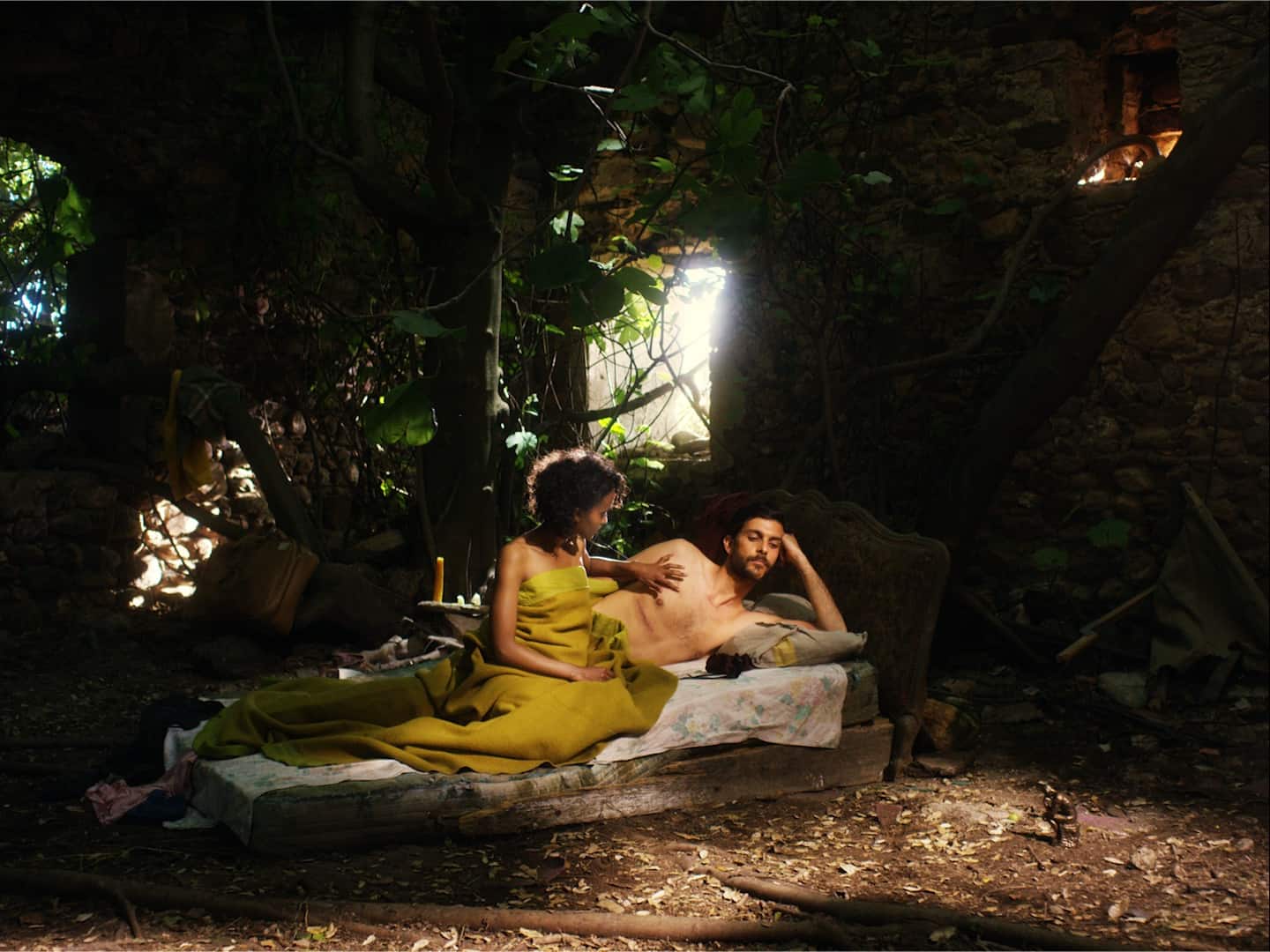
How rich Lebanon used to be?
Very much, but this was in the 60s and 70s, we had our parents telling us that Lebanon was the Switzerland of the Middle East, all the petrodollars of the Gulf used to go to Lebanese banks, the Monte Carlo of the Middle East. I never saw that, I was born during the war. This is also a bit what Ibrahim is about, the forgotten memory of Lebanon. Today it is all about crisis and despair, the Lebanese have fallen very low. I have never seen Lebanon being rich. Even my parents were rich before the war, my grandfather was a millionaire but I have not seen any of this.
How does the whole thing with the agents bringing domestic helpers from abroad works?
There is a system in Lebanon, a legal system, also in the Gulf countries, Qatar, Dubai, called Kafala. Kafala means guarantee, it means that this poor employee from Asia cannot escape his employer. That implies confiscating their passport and being able to sack them any time you want. It happens through those agencies, legally, this is the law. It is horrible, but it is the law. You go through an office, you look into the catalog, and you say “I want this one”. Two months later, they are in the airport and you pick them up. You pay the office and the taxes, and you give the passport to the office and then she goes to the house, and she is a prisoner. She cannot leave even if she wants to, she will get arrested without a passport and end up in jail. You are a prisoner of your employer, who might treat you well, but also might not, and you are a prisoner in the country, you cannot leave. At the end of the contract, 3-5 years, they can go. They earn about $150-300 per month. It depends on the nationality, Filipinos are paid more because they speak English and they go to schools to learn how to be good maids. It is a little fortune for them, they are paid in dollars and they can return and buy a house or something.
Tell me a bit about the concept of the man's hand.
It comes from many concepts. I wanted to address the war in a metaphoric way, not just show the suffering. Through my experience of war in Lebanon and also as a war reporter, which is what I do when I am not doing cinema, my philosophy about people who have either fought or are victims of war, is that war corrupts you in a way. From the inside, you get a certain sadness which will not leave you, as long as you live. When you see horrible things. And this is why I chose these two persons, not because they are beautiful, but because they had this very particular look in their eyes, particular sadness. They are not sad people, they are very happy, but when you see them, they look sad. Naturally (laughter). They have not seen war, but they have this look. This corruption of the soul cannot be shown on the screen. So I had this idea of metal, like a kind of gangrene that is slowly eating the body. It came also from my personal experience because I escaped death twice in Lebanon. The first time in 1992, I was wounded by an Israeli grenade that exploded near me. I got shrapnel all over my head (he shows me the right side of his head, and then his leg). You remember this from the movie? The guy who did the VFX actually took things from my body, took prints with silicone and then created the fake ones and put them on the actor. Somehow I transferred this to him. Also, me and my wife like trashy movies like punk movies, “Tetsuo”, and we took a few references from these. We are also big fans of Bela Lugosi and the band Bauhaus. We wanted to use Bela Lugosi as a vampire, from the archive of his films, but it is very expensive, it is not in the public domain yet. Nosferatu was in the public domain, I like him less, but he did the job and by coincidence, I found an actor who looks like Nosferatu.
Can you tell me a bit more about the casting?
This is a very interesting issue about the film. It was easy for the older actors, Darina Al Joundi has played in my past movies and I knew her, and we did a casting for Ibrahim, but when Rifaat Tarabey appeared, it was obvious that it was him. They are very technical actors, Russian school, very precise (laughs). Only one take every time. For the two protagonists, it was completely different. We shot the majority of the film in Corsica, not in Lebanon, because of the co-production. The decision was to shoot all the interiors in Corsica and all the exteriors, in ten days in Lebanon. There was a crisis in Lebanon, you could not find cash, we had to bring bags of cash to pay the people. 10 days was fine, but no way more than that. This implied that we had to find an Ethiopian actress that speaks Lebanese and bring her to Corsica. There are 2000 Ethiopians in Beirut who speak broken Arabic, and that is what I wanted, a broken accent. We could find hundreds of them that can act, but bringing them to France was another issue due to Covid, the French would not give visas to non-French and even the French could barely go to France or travel. We were also afraid of political asylum, escaping, imagine if your main actress disappears from the set, you are ruined, the production house simply goes bankrupt. And I would not allow myself to bring an actress and have a bodyguard guard her, no way.
So we had to search elsewhere, and we ended up searching in France and we found this young Ethiopian actress, Clara Couturet, who was adopted at the age of 5, and she did not live in Ethiopia, she lived in France. She was starting an acting career and she accepted to learn Arabic phonetically, it is a language that she does not understand at all. Imagine, she learned all the dialogues in broken Lebanese, we forced her to speak like that. Plus she is very small and he is very big, so in order not to have a Laurel and Hardy effect, she was wearing heels. Imagine the effort of acting, remembering your dialogue and not breaking your legs on these bloody shoes (laughter). It was a hell of a work, the girl is a champion (laughter).
And about the protagonist?
It was easy, Ziad Jallad lives in France so he could go to Corsica, he is Lebanese/Egyptian and he was already an actor. It was easy for him to learn the Syrian accent, a couple of days of coaching and he was ok.
Regarding cinematography, what did you want to do on the visual aspect of the movie?
We wanted a spiritual lighting, we included a biblical aspect about the passion of these two people. It is a passion, in the end they are carrying their cross and we wanted a lighting that would accompany this. We watched a few films for reference with my DP, Martin Rit. I am very fond of the light in Aki Kaurismaki films and we watched some of his films. We tried to make a tableau for every scene, especially in the refugee sequences. There is always a plus secance, in order to depict the harsh reality, the documentary reality, but in a spiritual way, leaving the door open to spirituality, to hope for salvation. Which doesn't happen in the end (laughter). Like Mehdea, who goes to the church and prays all the time, but salvation never comes. Ahmed looks a bit like Jesus. The film is filled with small impressions, it is an impressionist film, it is not an evident film. The passion of two saints who are united by love, that is what we wanted to show. Although they are not saints, they are only humans, both angels and devils, they lie, they steal, they hit. They seem so inhuman in the beginning, but when she spits in the coffee, for example, you say, “She is human after all! Great!” (laughter).
Tell me a bit about the scene where the two maids start crying.
I love this scene, we laughed so much. It is a very cruel scene, it is exactly the spirit of the film. It is funny, it is cruel, you don't know what to think about it. Is it horrible, are they making fun of them? No, we are not, these two girls are the age of my kids. My daughter was working on the set as an assistant make-up artist, the girls were together, going out and having drinks. I was trying to imagine my kid in their place, she comes to a country she doesn't know, she barges into a house, she is scared, she does not understand anything. Another girl eventually comes, no one has told her about this, she thinks that they are kicking her out, she does not know what will happen, and she starts crying. And the new girl sees someone like her crying and she also starts crying, just because she sees her, although she does not understand.
You don't understand but you feel, you feel the fear of two young girls not understanding what is happening and perceiving only a threat. This was the spirit of this confrontation between the girls and also the film talks about the fact that no one loves no one. And nobody understands no one, there is always this Tower of Babel feeling, the clash of languages and no one accepts no one. Hatred is dominating in the film, not accepting the other. Lebanese see them as subhumans, the refugees see her and say, “The black hooker is here”. They go to the hotel, they are accepted for one night because they won the contest and because the white European guy says so, he is the guardian of morality. That scene is very ironic, with the guy with the German accent. “Everyone has his nigger”, as we say rather vulgarly, and of course, in the top of the pyramid lies the good conscious of Europe (laughter). There is no place, everywhere they go is only for one night and even in the beginning of the film, when she goes out of the frame, her boss yells for her to come back, because she does not have a place, even in my cinema.
Do you allow improvisation?
I never allow Improvisation. I rehearse until they know it by heart. Because, firstly, the film does not feature much dialogue, so there is no place for improvisation. Also my economic model, we are so poor, we have very few days of shooting. Usually we stop after one take, which implies we rehearse like crazy before. We rent a studio and we rehearse because this does not cost money, only costs time, and time is for free when there is no team.The only improvise I gave them was the crying scene, I told them to say whatever they want. Just to not talk about football, in case someone understands (laughter).
Do you act yourself to show them what you want?
Yes, when we rehearse, to show them what I want. I am not an actor, but I end up acting in my films because we are in Corsica, we found all the Lebanese on this island, but there was one missing (laughter). And it is one salary less (laughter). I always end up playing a role in my film but it is more economical than me wishing to act because I think I am horrible.
Can you tell me about the editing? I felt the cuts were part of the humor actually.
Yes, it is the same as the whole film. I always do the V1 myself, I started this business as an editor. Then I give it to the editor. Clémence Diard does not speak Arabic, so I do the dialogues and then I give it to her and then we start arguing endlessly (laughter). At least I give it a direction, because I live in Beirut and both my features had French editors. So it is difficult to cooperate in different countries, that is why I give it a direction. I like to edit, to break the rhythm as you say. I like the rhythm of the Pixies' music, they also break the rhythm, which I think makes it more interesting. I edit it like music, I allow myself to do stuff in editing, to have fun with it. It also makes people laugh.
You show a refugee selling his kidney. Does this happen?
Of course, it actually happens in a much more brutal and trashier way. I have never seen it with my own eyes, but through accounts that were told to me, I tried to recreate the situation. They do it in order to travel or to feed their kids. The absurdity is that the protagonist cannot even sell his kidney (laughter).
What is the situation now in the country?
It is Greek crisis times ten. It has collapsed and is rotten to the bone from the inside. The Lebanese State is run by the people who fought the civil war, warlords. They cannot administer the country, they only know how to rob and kill, they are mafia. 30 years they rule the country through violence and fear, and now the country is sinking like the Titanic. There is no electricity, I pay for electricity more than my rent, it is so expensive now to get electricity. I paid $432 just this month for electricity. In France I just pay 60 euros… Money has no value in the country, you can use it as toilet paper. There is even cholera in Lebanon now, the country that used to have the best hospital system in the whole area, even two years ago. People came from all over the place to visit our doctors, but now they are gone, to Canada, to Australia etc. I am not optimistic…
And what about Lebanese cinema?
I will tell you just one thing. The government decided that the Ministry of Culture will be now named the Ministry of Culture and Agriculture. You want me to say more? They treat us like cows, as if I am a tomato or a sheep. It is very humiliating for artists.
Individually though?
For a country that is smaller than Cyprus, the number of Lebanese films is impressive. There are two here, in Thessaloniki. In Lebanon, everyone is a filmmaker, everyone has a story to tell. The country is full of artists but there is zero funding. Everyone has to find their own money, if you happen to be French like me, you go and get your funding from France. Otherwise, it is very hard to start, the market has completely crumbled. Everybody is exporting. It is a country that has so much potential but there is no state to accompany anything. The minds of the people who rule the country are still at the Civil War. There has not been a work of collective conscious and memory, as in Germany and South Africa for example. It is like there was war, and at some point, they said “war is over, forget everything”. 17 years, 400,000 dead, forget everything. So people are still in shock and the same people who tortured them during the war are now the masters of the State. It is a sick society. The artists may have healed, because they ask themselves the right questions.
Are you working on any future projects?
We are developing “Holiday” my new feature here in Crossroads. The results are tonight, I hope we receive some money to write, that would be good. And I do short movies, I do a lot of them. I did one in July, I am editing it now. It takes time to do features, so I do shorts in the meantime. And I still work as a journalist for a living, as cinema does not give you money really, at least not for three kids.


